
Articles Tagged with “Research and Reflections”
Sort by




High-Quality Curriculum Raised the Bar, But Not High Enough

Research-based AND Responsive

Constantly Shifting Practice

We’ve Come a Long Way, Fast

Learning From Mistakes: Easier Said Than Done

Why A Skills-Based Approach Is Failing Students in Reading

Let’s Not Make Power ELA/Literacy Standards and Talk About Why We Didn’t

What the Data Can’t Tell Us

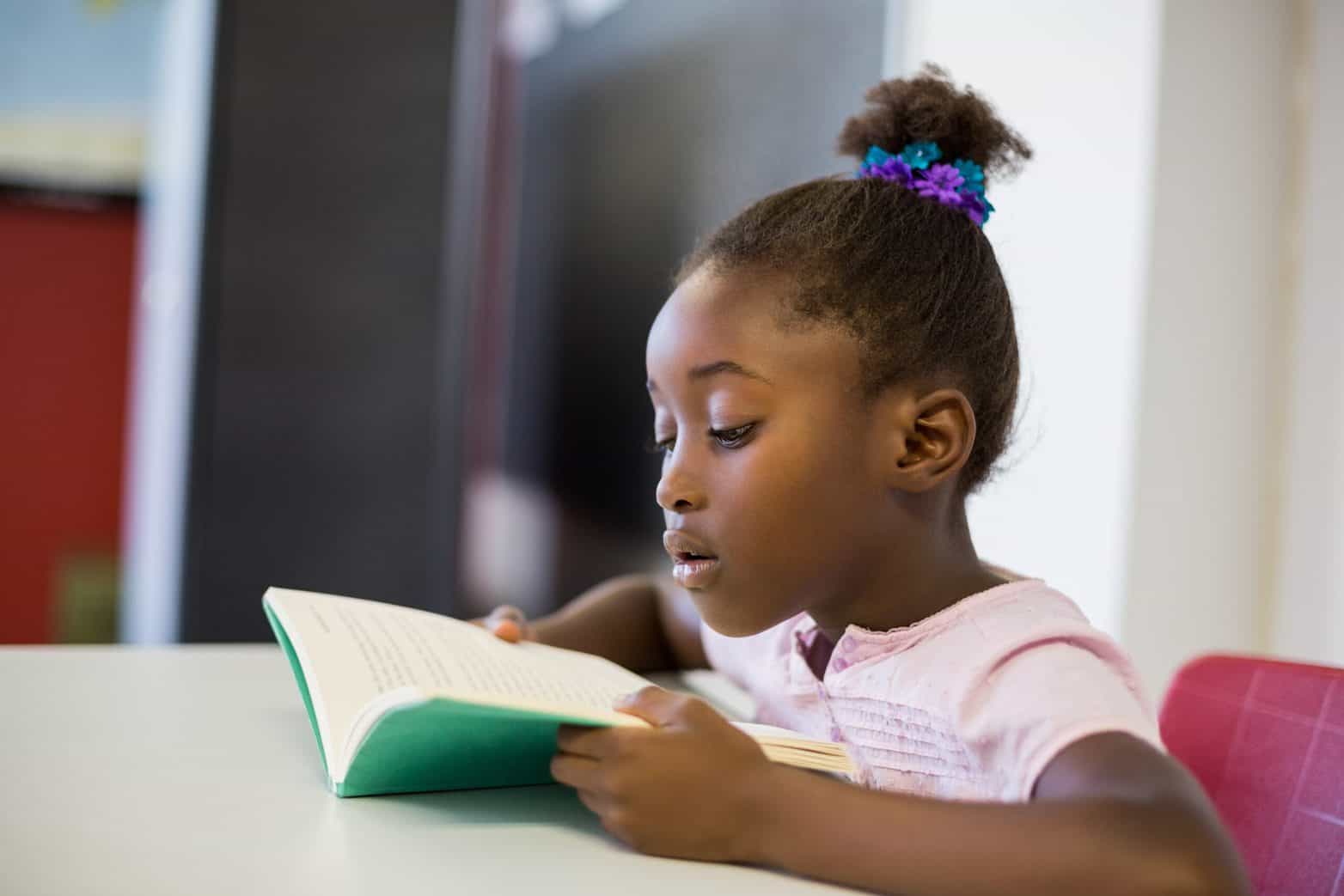
Transforming Literacy Instruction

Knowledge-Building Model Lessons for Middle and High School

What Principles Must Underlie Successful Personalized Learning?

Is it Possible to Use Personalized Learning to Accelerate Students’ Literacy Outcomes in the Time of COVID?
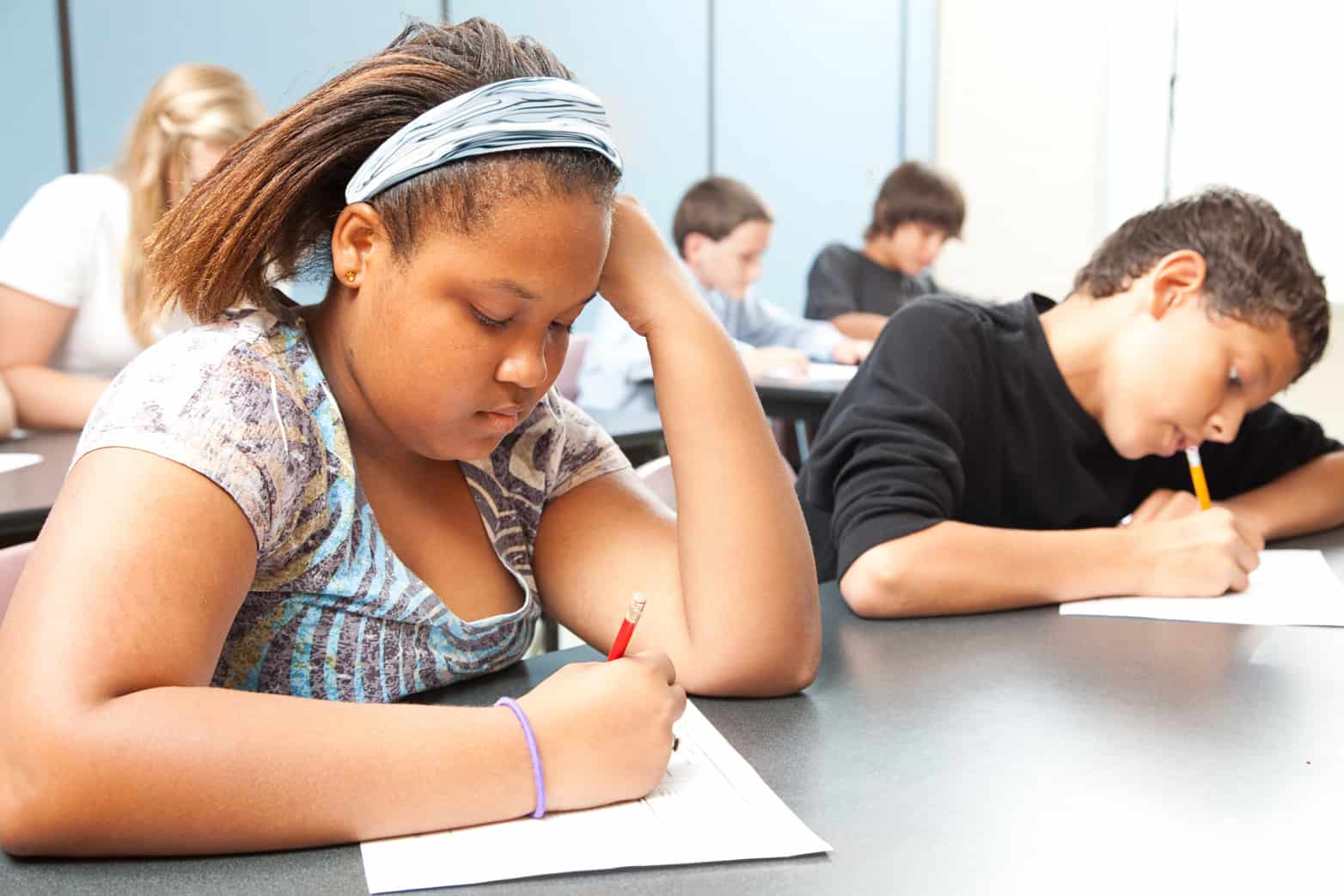
Why Teaching Justice Through Reading & Writing Cannot Wait

You Have a List of Culturally Diverse Texts. Now What?

Digital Coaching Menus Bring the Professional Learning Principles To Life

What to Consider if You’re Adopting a New ELA/Literacy Curriculum

How Does Education Research Relate to My Practice?

My Experience with Teachers College Units of Study

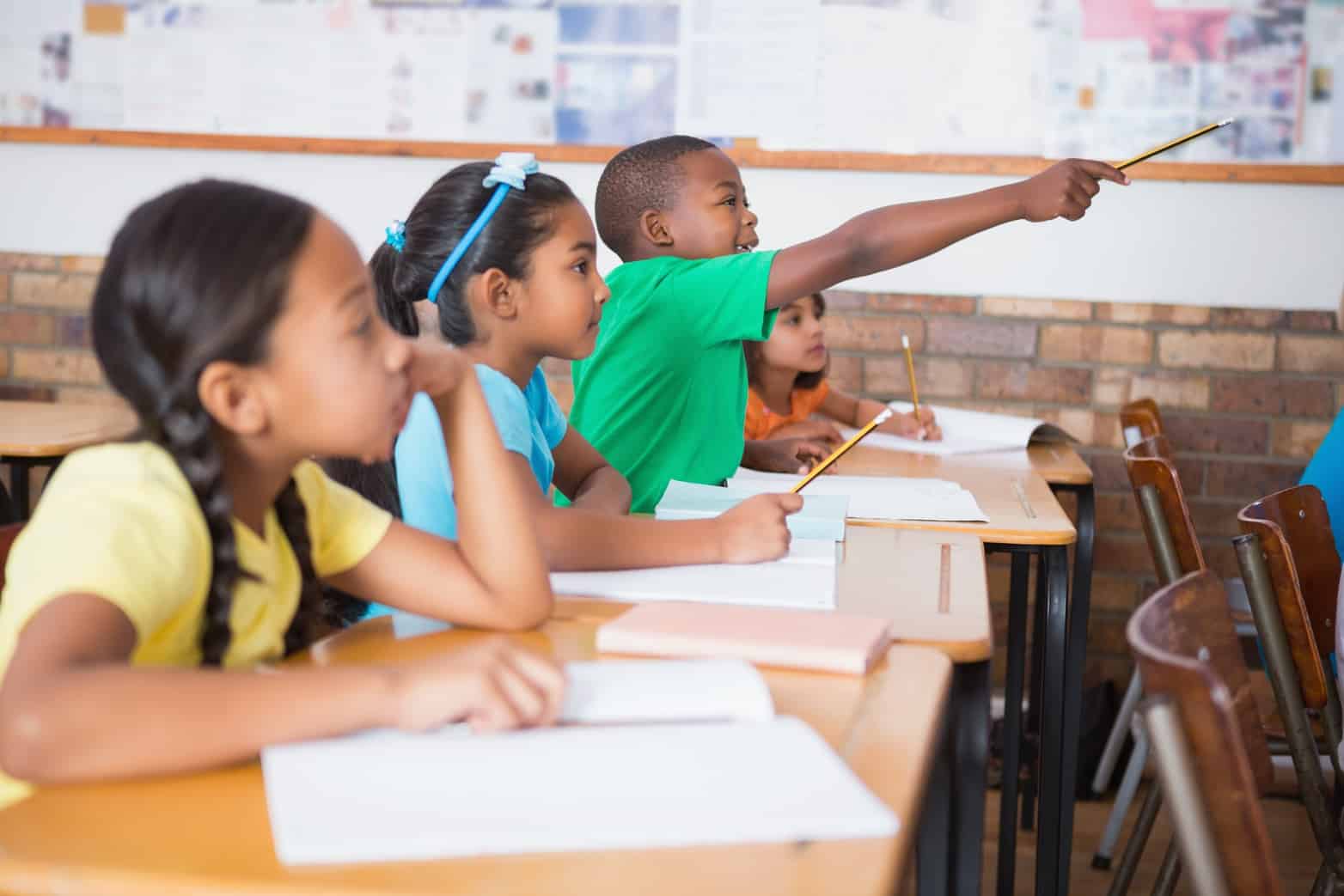
For the Love of Learning

A New Way to Consider Cognitive Demand in ELA Assessments


Professional Learning Design 101


Quality Instructional Materials or Quality Professional Learning Opportunities for Teachers?
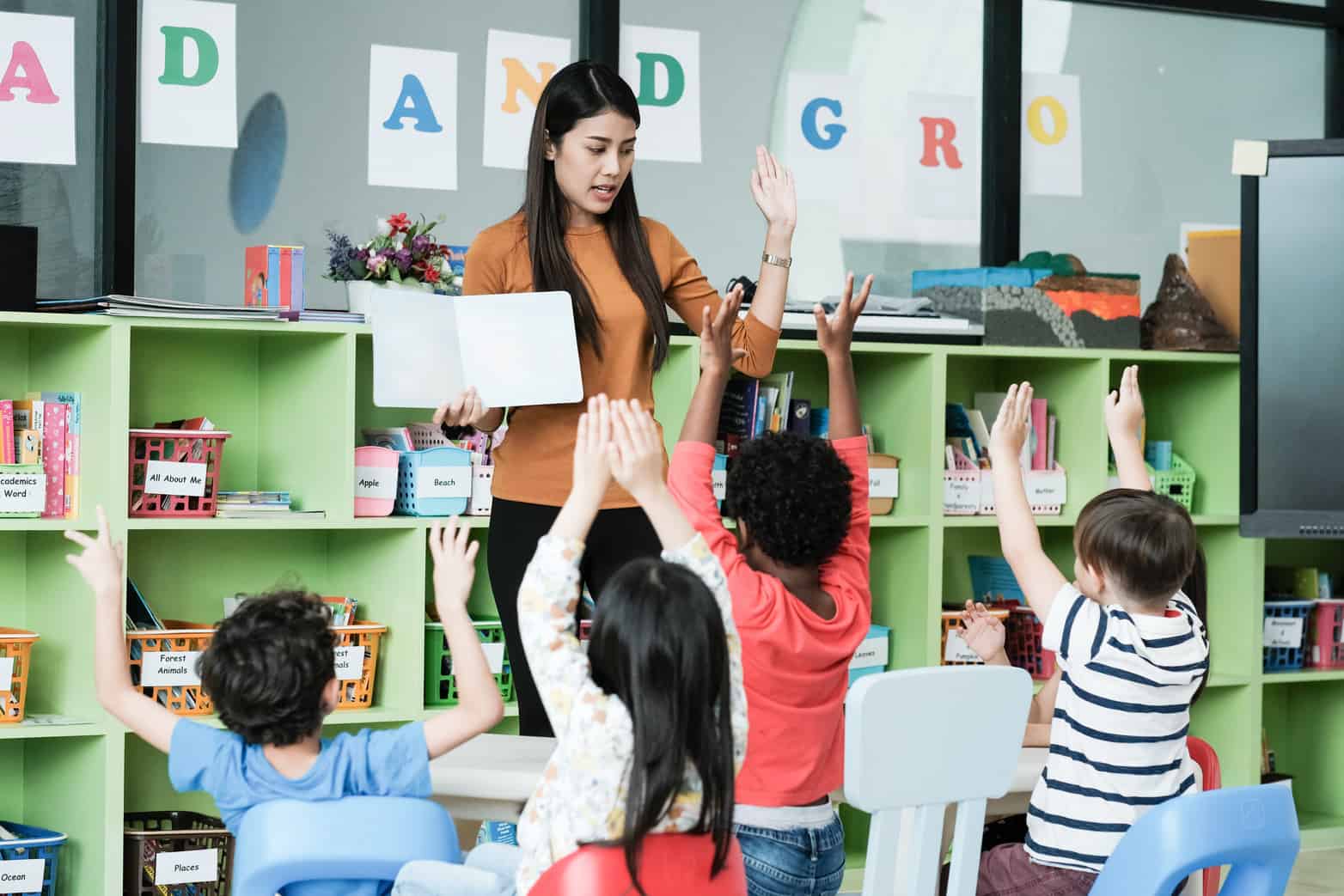
Strong Materials in the Hands of Great Teachers

On Curriculum: How Pinterest and TpT Exacerbate Inequity




Effective Reading Instruction

Observing Reading Foundational Skills Instruction

Addressing Common Challenges with Student Writing

Doing Better: Aligned Instructional Practice
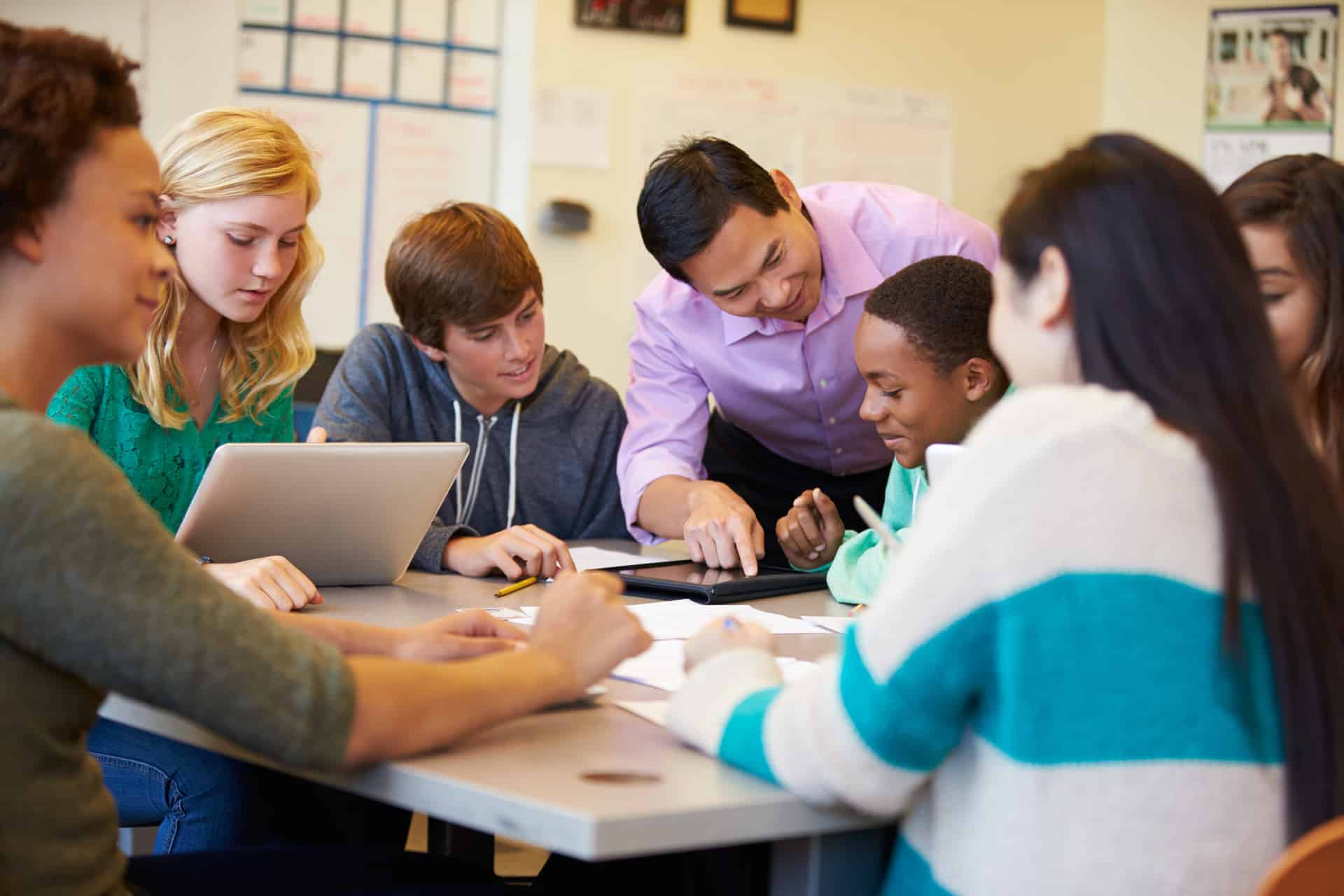
Making the Connection Between Materials and Instruction

Seeing College- and Career-Ready Standards through Instruction

Creating and Sequencing Text-Dependent Questions to Support English Language Learners
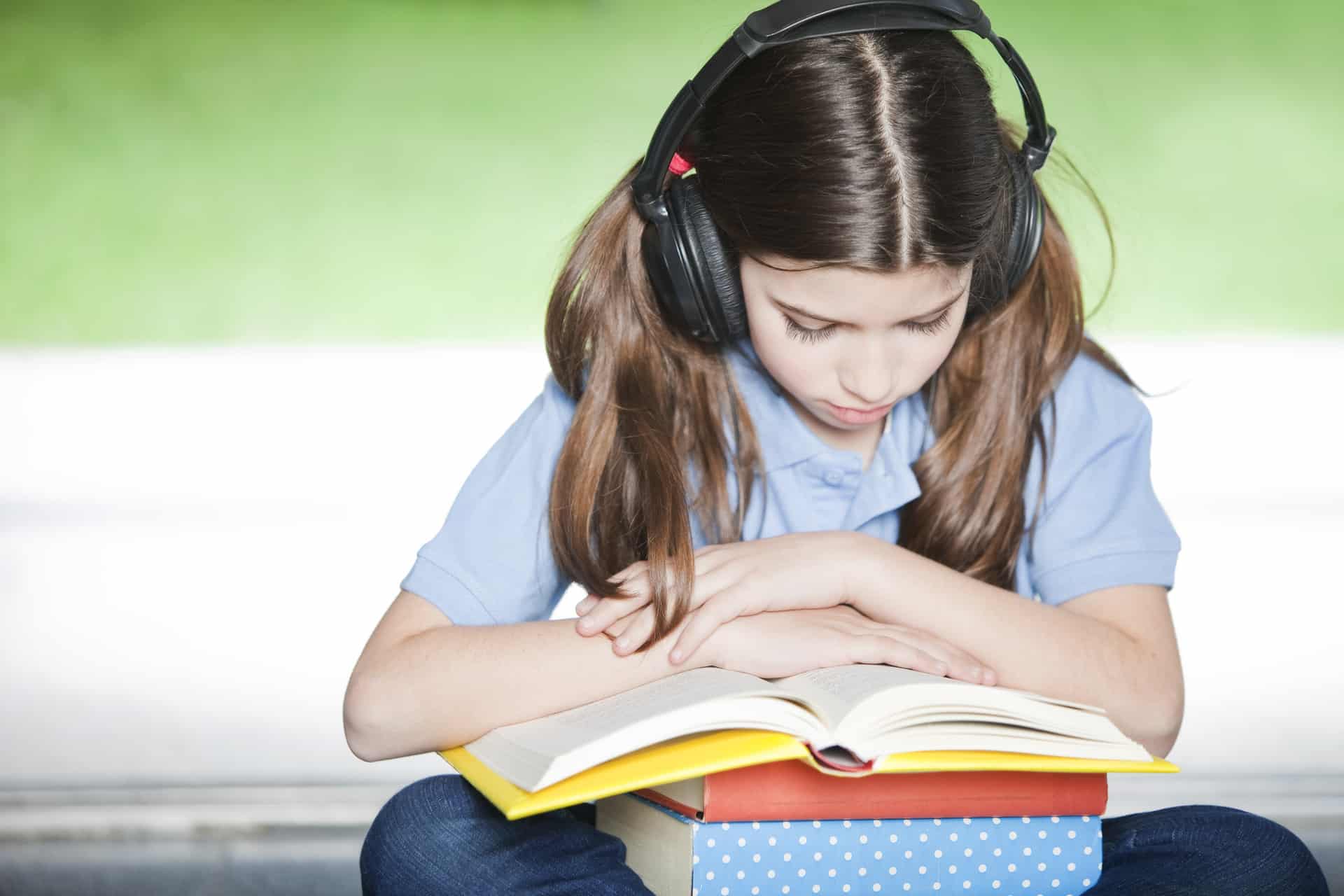
Considering Reading Instruction with the End in Mind


To Write or Not to Write. There is No Question!

The Role of Educators in Summative Assessment: The Life Cycle of a Question

Compelling Digital Lessons for English Learners

How much time do you need to create a foundation for literacy?

A Visit to Monticello-Brown Summit Elementary School

Welding Literacy into Scientific Instruction

Using Curriculum to Send Essential Messages to Students

Supporting Our Youngest Readers: Teaching the Skills of Reading

Three APPS to Support Students with Special Needs

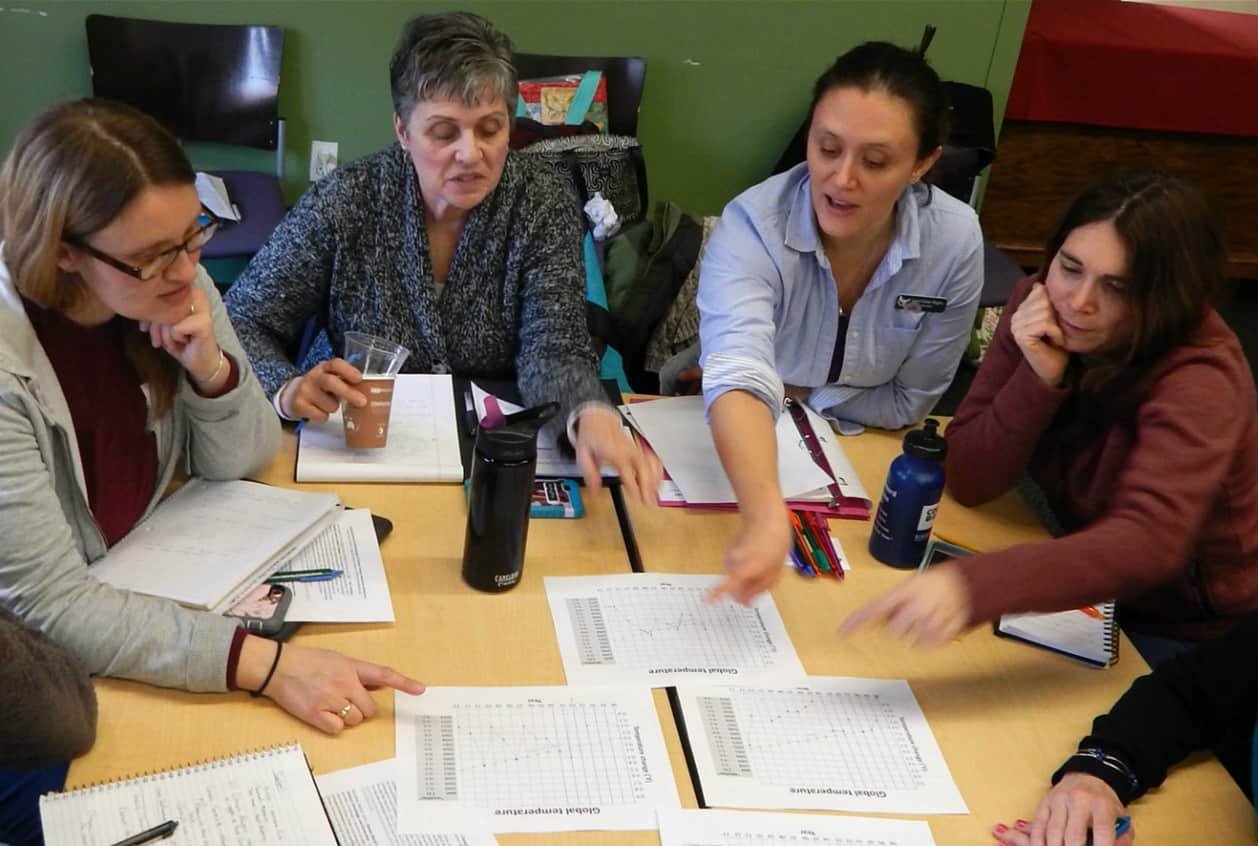

3 Steps to Engage Students in Research Writing
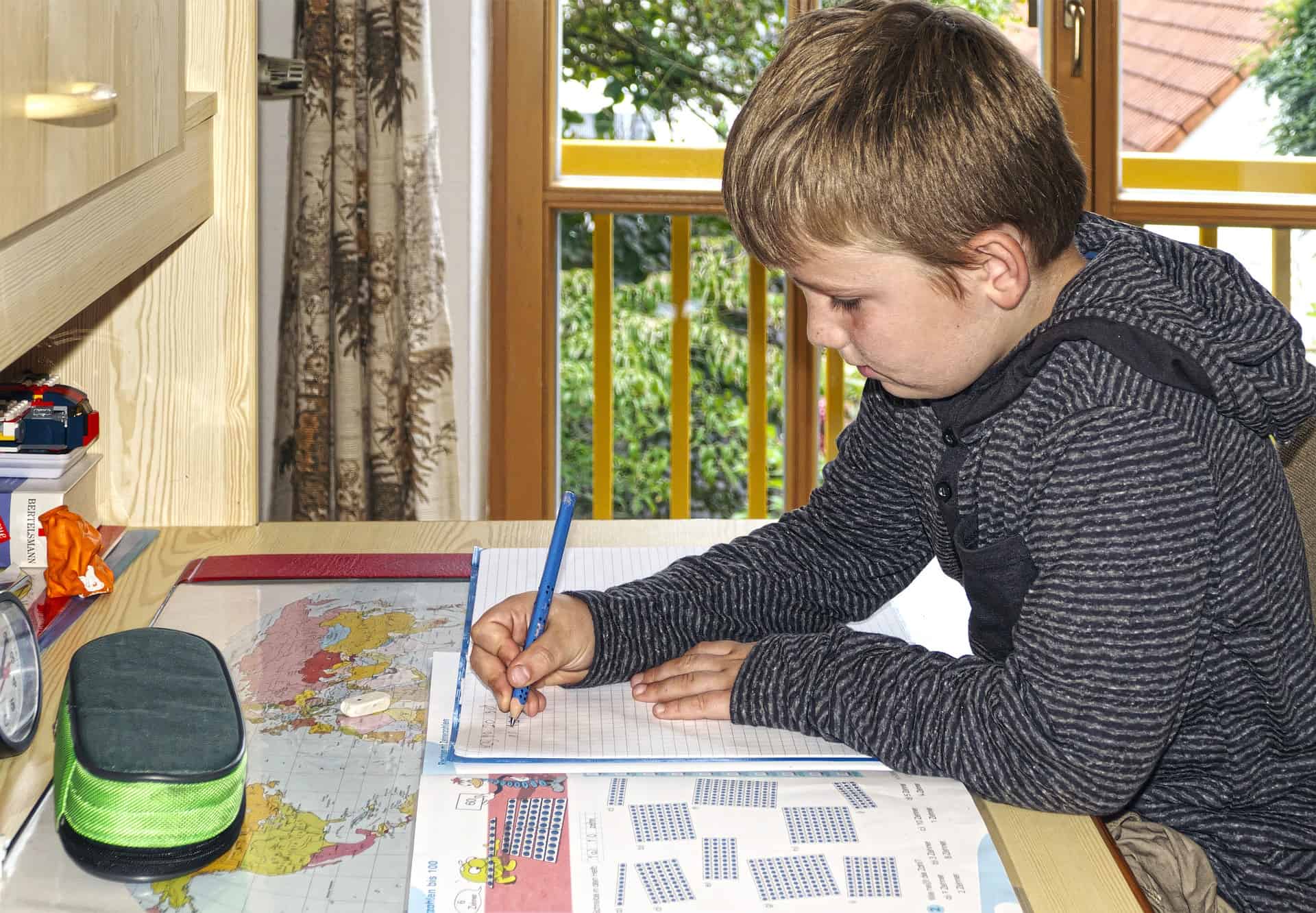
Designing Effective Homework

High-impact strategies for teaching writing with evidence at the high school level
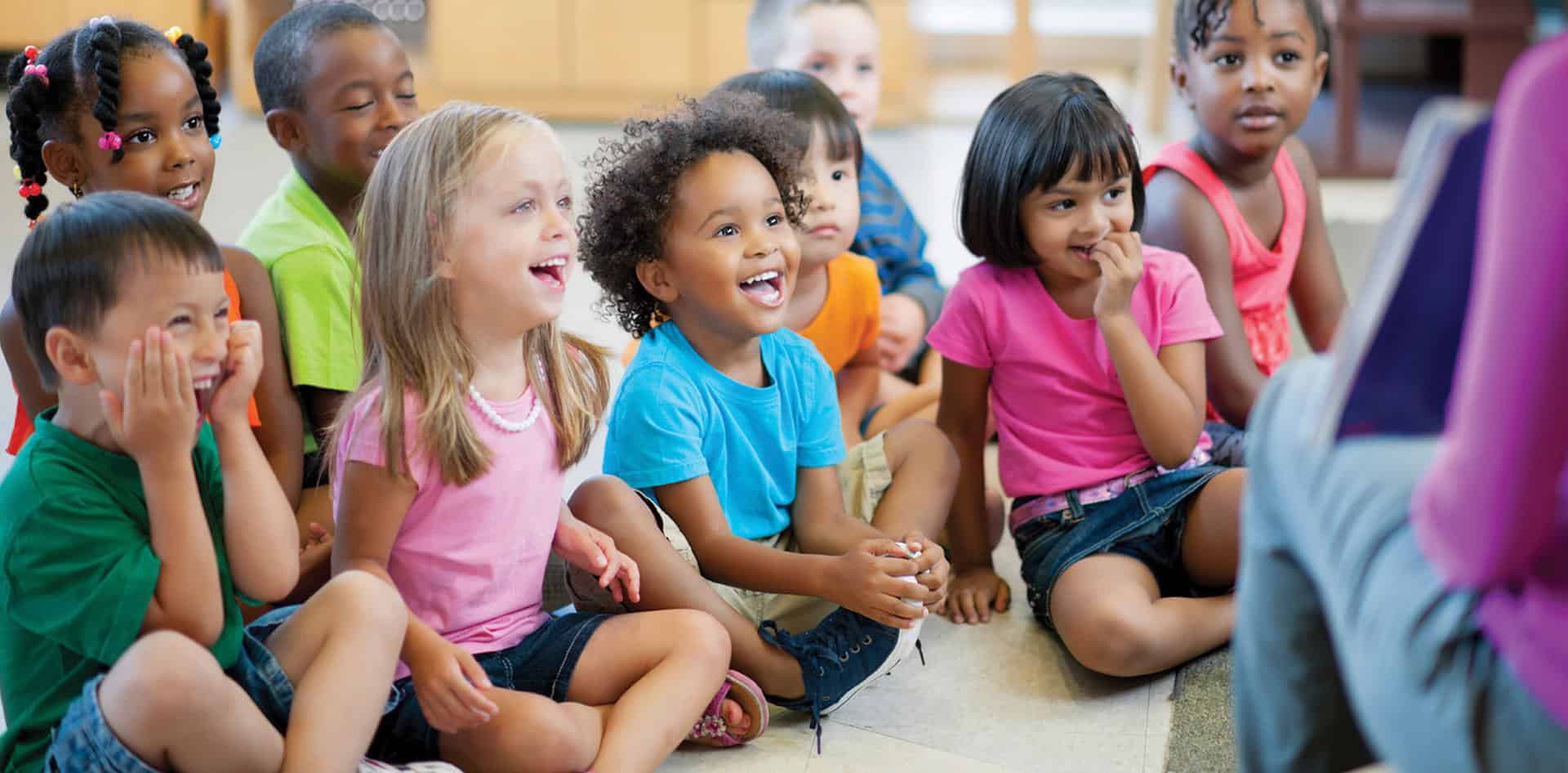

The Instructional Practice Toolkit: An Introduction

Supporting Excellence: Real Support for Teachers Starts With the District’s Curriculum

Setting S.M.A.R.T. Goals as an Educator

Building Teacher Confidence through Content-Infused PD

I have an assessment dream: Leading to conquer the big, bad ELA test

“We’re the best. Just trust us!”
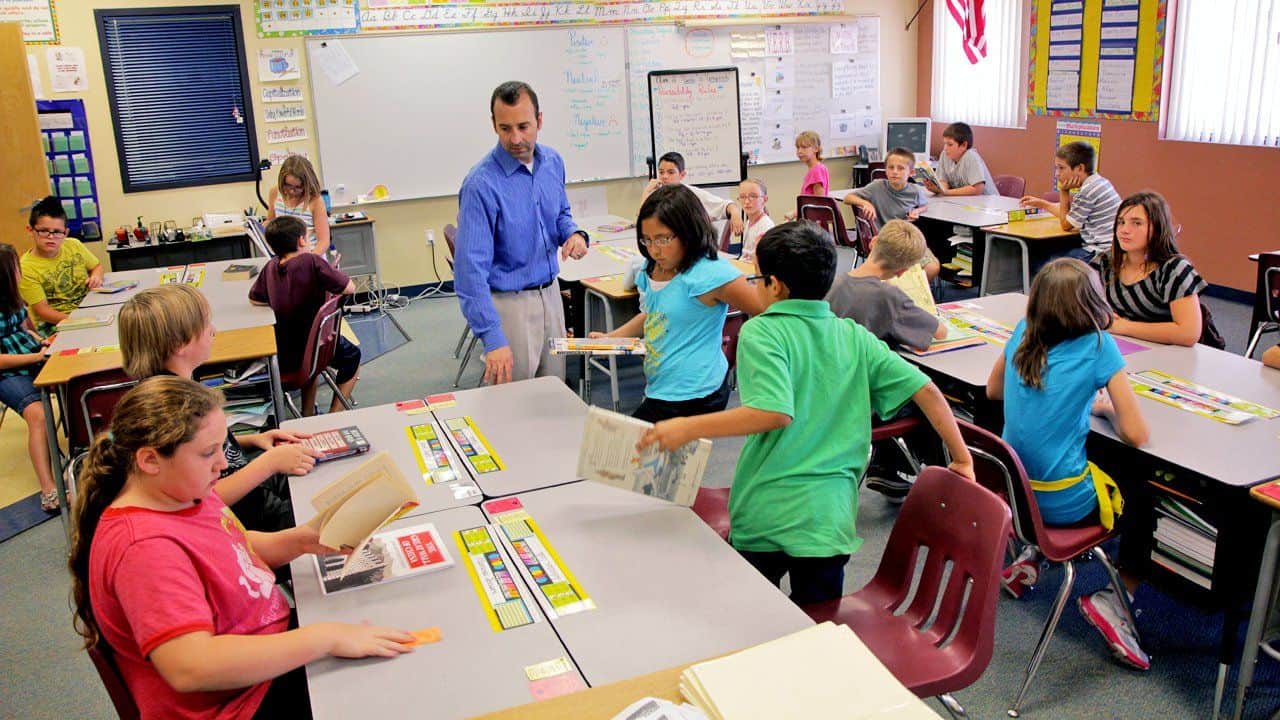
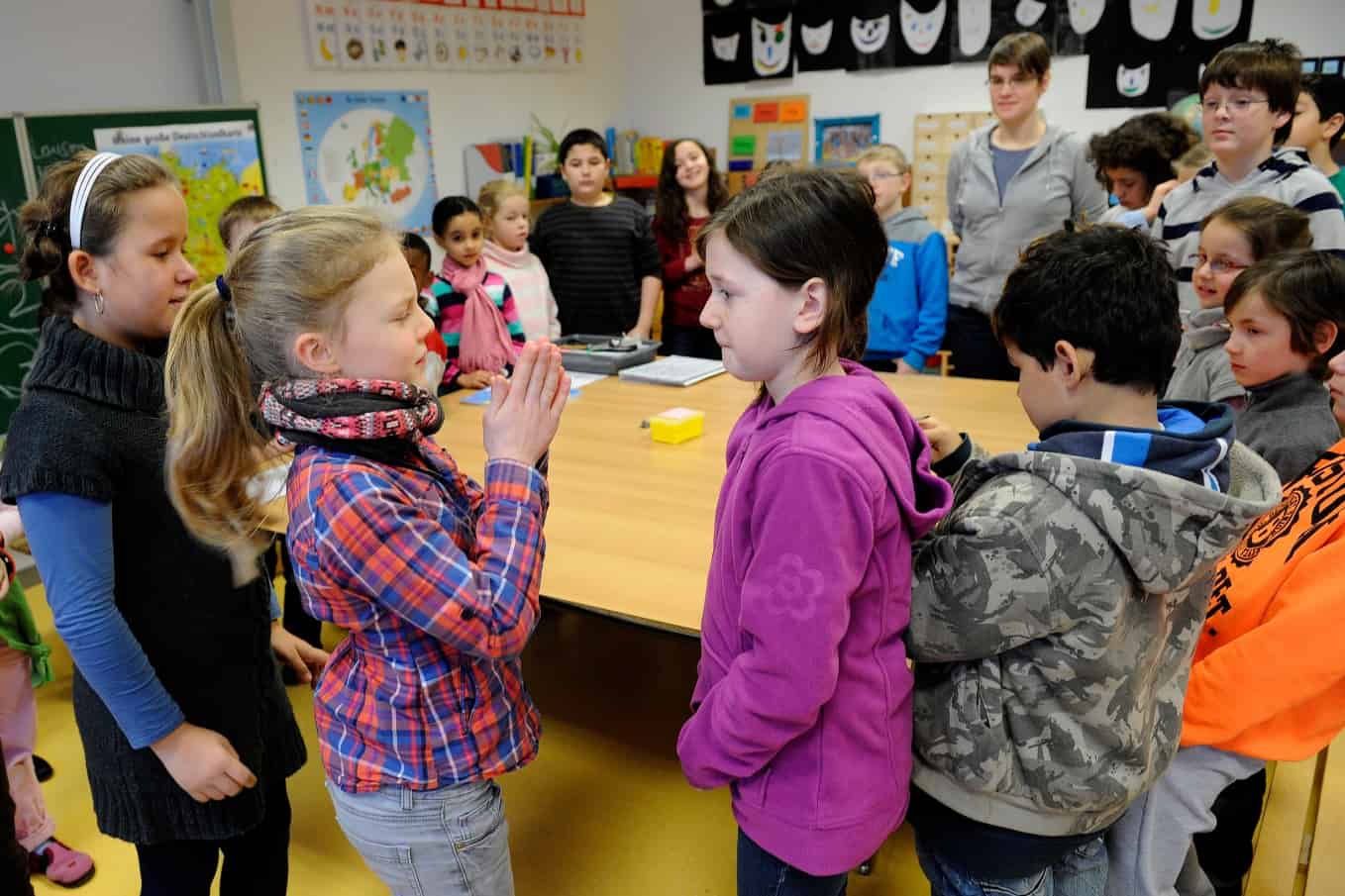
Limiting “Teacher Talk,” Increasing Student Work!
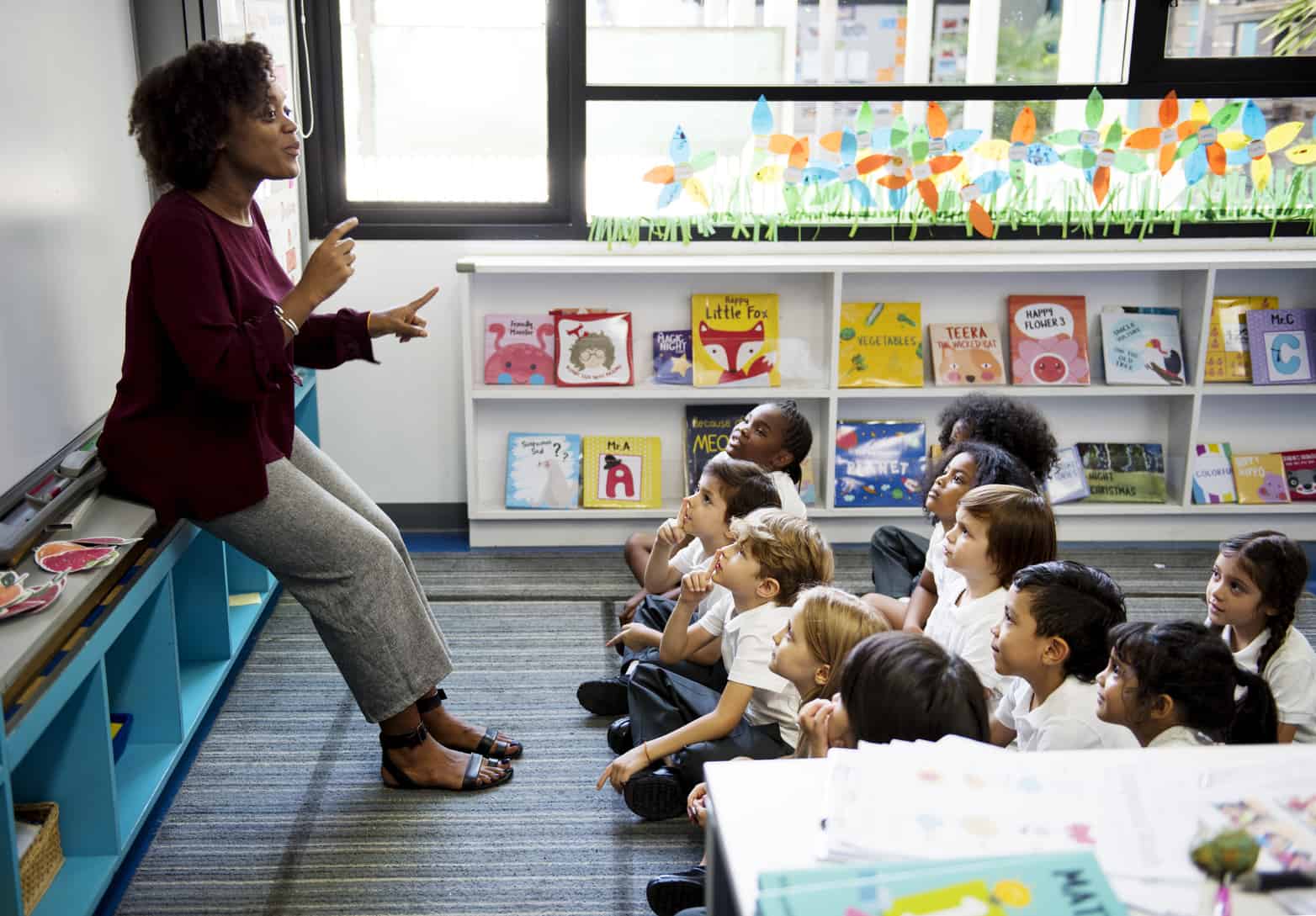
At the Foundation of Foundational Skills: Structured Phonics

The Wild West of Open Literacy Materials

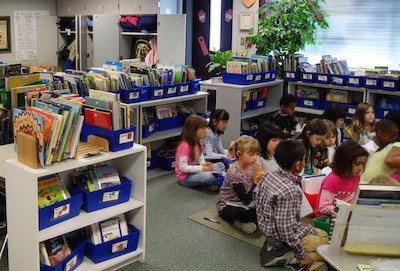
Designing Classroom Libraries that Build Knowledge, Vocabulary, and Engagement


Determining Reading Fluency


What is Reading Fluency?

Introduction to Argument Writing

Training Materials for the ELA/Literacy IMET

Adapting Journeys Common Core
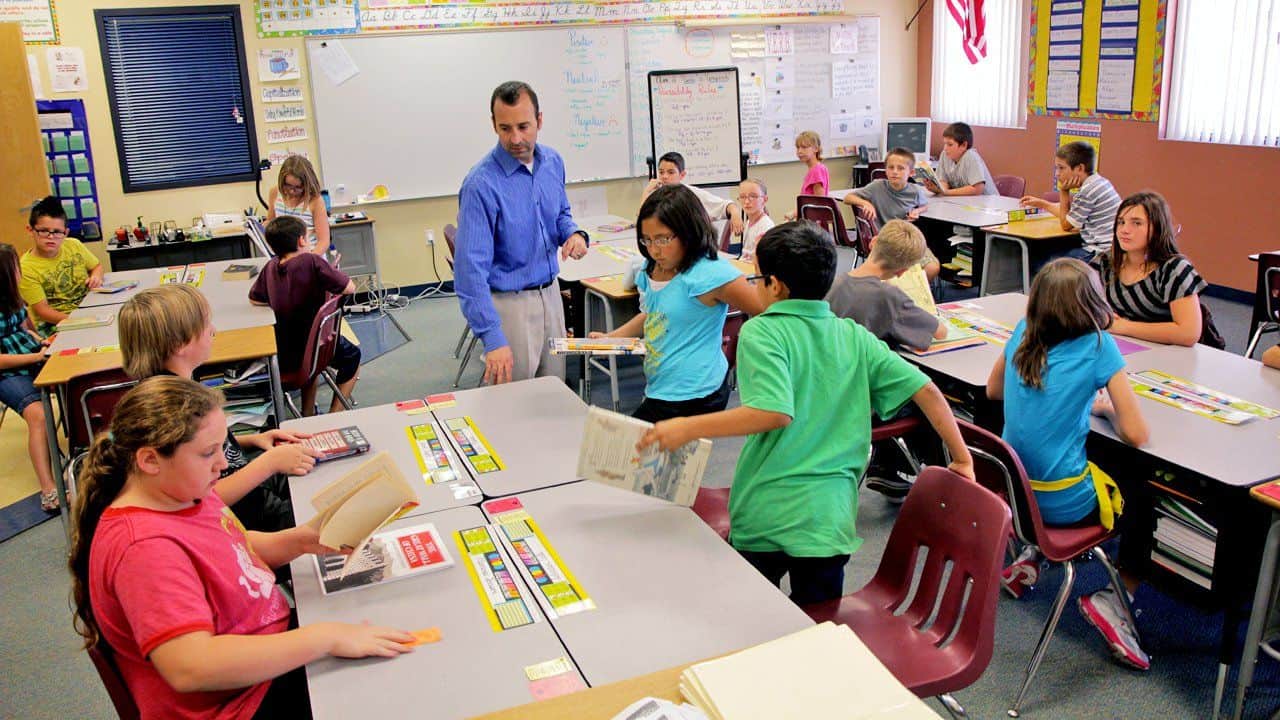
Piloting New Curriculum Options with Educators

Lessons from the Fordham Assessment Review

Supporting All Learners with Complex Texts

Sitting Beside the Learner: The ‘Me’ in Assessments


The Shifts and ELLs
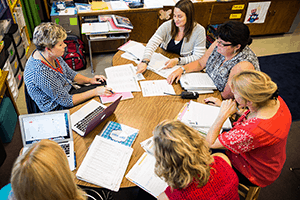
Creating a Conducive Environment for Teachers to Adapt Materials

Why We’re Choosing Instructional Materials Blindly

Using Complex Texts with All Readers
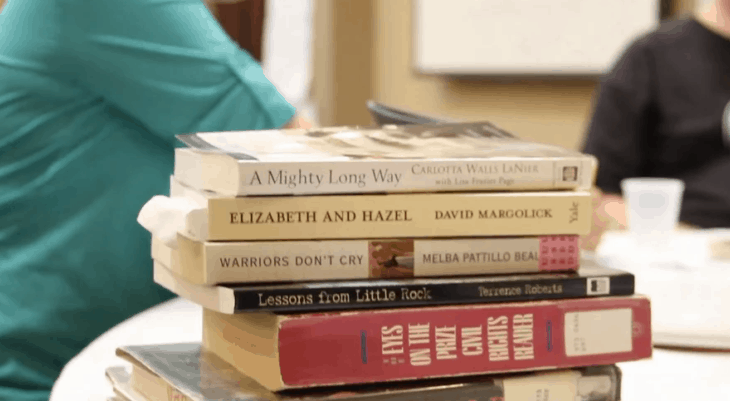
Choosing Wisely: A Strategic Approach to Curriculum in Duval County

Outcomes of the Adaptation Process

Including Tier 2 Vocabulary Instruction in Curricular Materials










